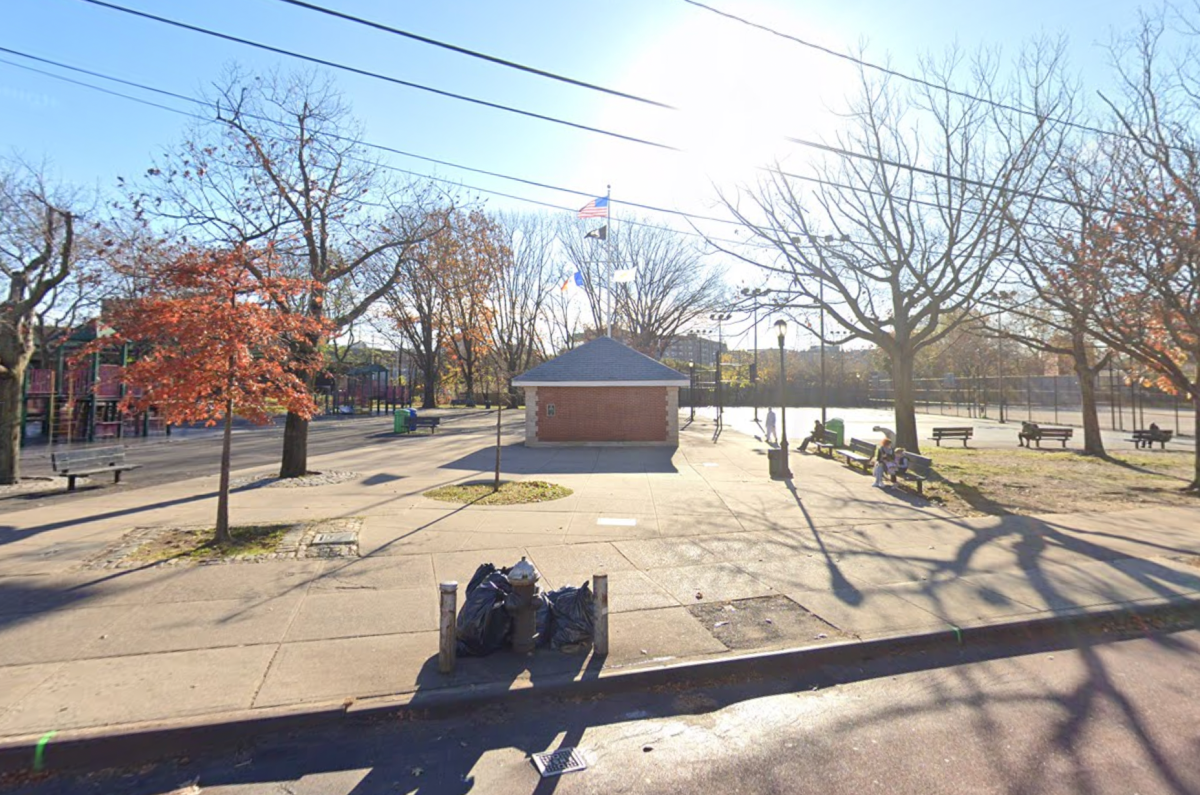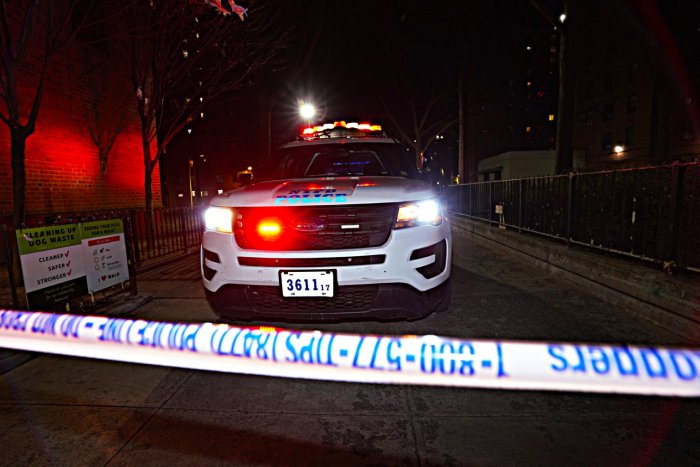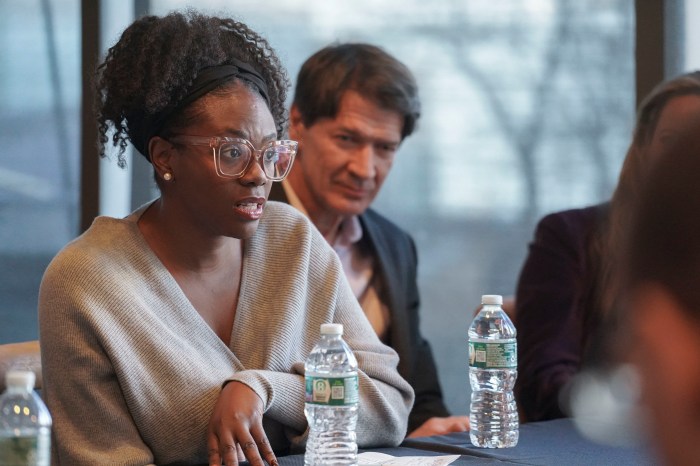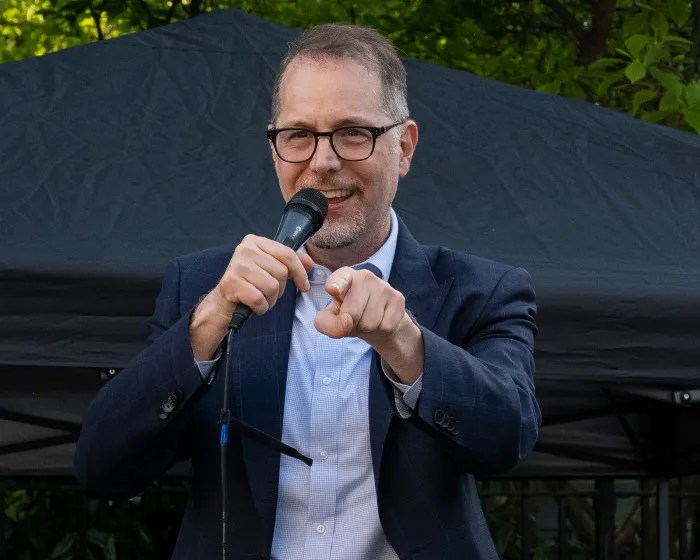Hoffman Park in Elmhurst will receive a much-needed upgrade under the city’s plan to reconstruct or refurbish community parks in the five boroughs.
As New York City neighborhood parks served as a refuge where residents could relax, exercise and decompress from the stress of lockdown amid the COVID-19 pandemic, Mayor Bill de Blasio announced on Tuesday, Oct. 26, an investment of $425.5 million in new funding over the next 10 years to redesign and rebuild neglected community parks.
The Community Parks Initiative (CPI) will focus on high-density, low-income areas and parks that have seen less than $250,000 in investment over the past 20 years from previous administrations, according to de Blasio.
Since launching in 2014, CPI has fully reimagined 67 parks — 62 of which are already open to the public. This additional funding will result in 10 new CPI sites a year for the next 10 years.
“Our recovery must focus on communities historically left behind, and the Community Parks Initiative is a great example of how to do just that,” de Blasio said. “This $425 million investment will improve open space in communities across the five boroughs for years to come.”
Under the Community Parks Initiative, Hoffman Park, located on Hoffman Drive in Elmhurst, will be one of 10 parks in the city to undergo reconstruction.
“Hoffman Park is long overdue for a facelift,” Councilman Daniel Dromm said. “This investment will make this heavily used park more accessible and more user friendly. This park is frequented by young people playing basketball, seniors watching passerby and shoppers coming from the Queens Center mall. I am proud to have worked with Mayor de Blasio to make this happen.”
According to Councilman Peter Koo, chair of the Committee on Parks and Recreation, many smaller parks lack the funding they need to ensure their longevity.
“Expanding resources for CPI will ensure lower income, high-density areas will have access to the funding they need to renovate and reconstruct their facilities, many of which have experienced decades of underinvestment and have fallen into a state of disrepair,” Koo said.
The NYC Parks Department will engage community residents in CPI zones to help design these park projects by joining community input sessions.
At these open public events, residents engage with parks designers to share their visions for how their neighborhood parks should be transformed. Additionally, Partnerships for Parks works with existing and new stakeholders around CPI capital sites with the goal of cultivating community partners at every capital project site to sustain reconstructed parks.
Since CPI’s inception, NYC Parks and Partnerships for Parks have engaged nearly 54,000 volunteers in 2,000-plus stewardship projects in CPI neighborhoods.
NYC Parks Commissioner Gabrielle Fialkoff said the first 10 community parks to be rebuilt and revitalized are in the Task Force for Racial Inclusion and Equity prioritized neighborhoods.
“With nearly a billion dollars invested in underserved community parks and hard hit COVID neighborhoods through the Community Parks Initiative, Mayor de Blasio’s equity legacy will live on for generations. We have changed the way we approach neighborhood parks, with renewed focus on equity, community and partnership,” Fialkoff said. “CPI has touched the lives of more than a half a million New Yorkers already, by transforming 67 parks that had been overlooked for decades. With a commitment to fund an additional 100 new CPI sites over the next 10 years, we are making permanent the city’s commitment to a fair and equitable park system.”



































